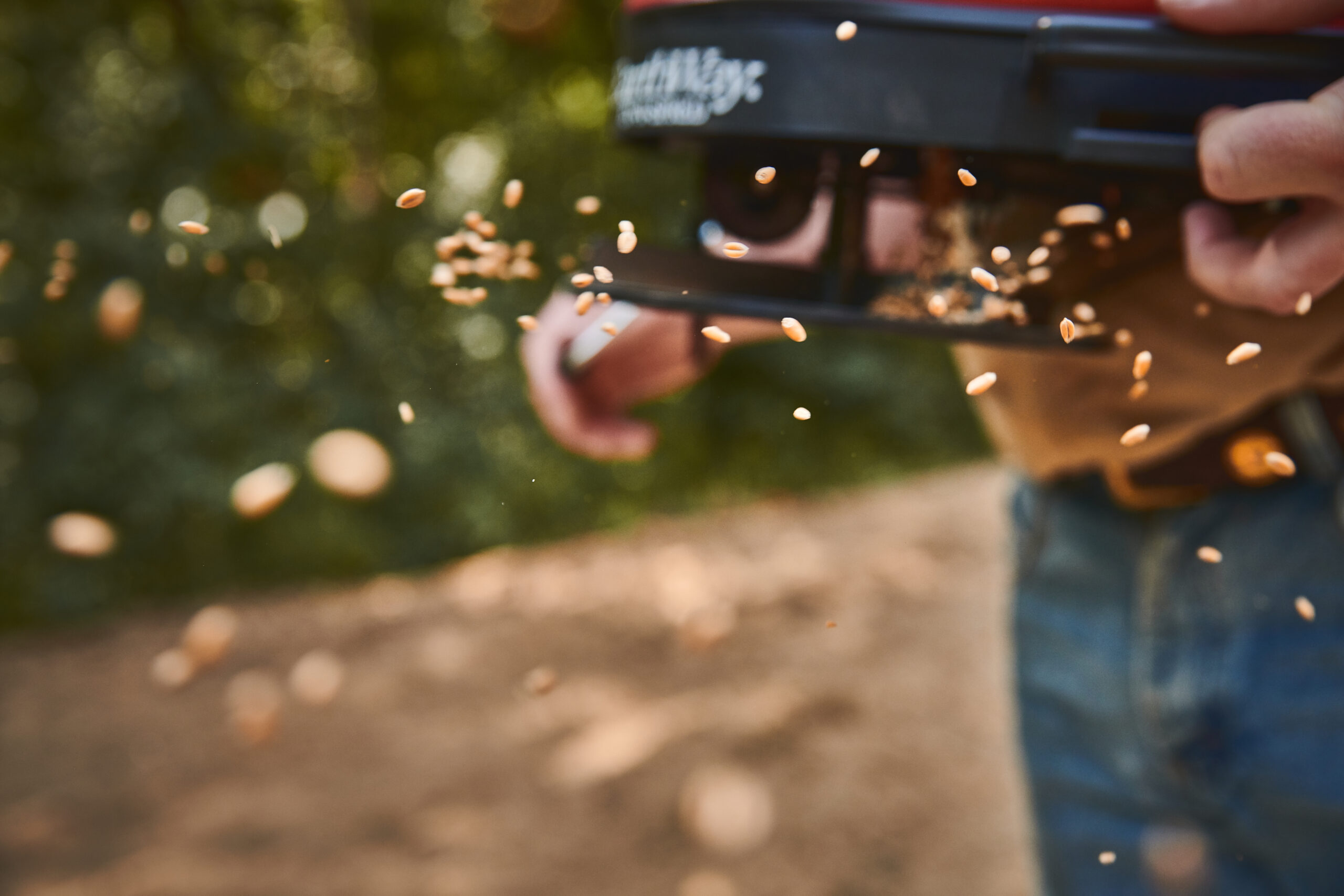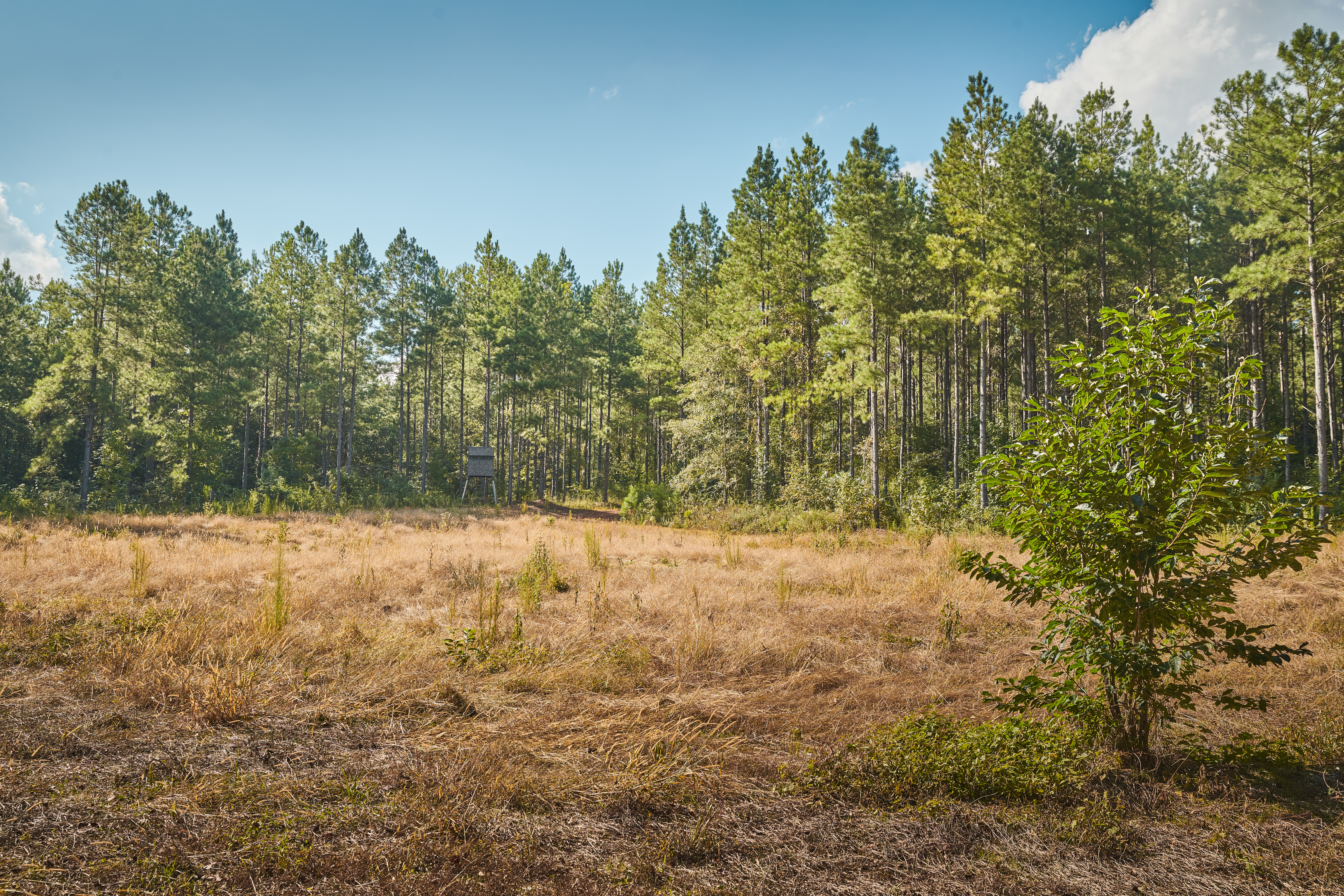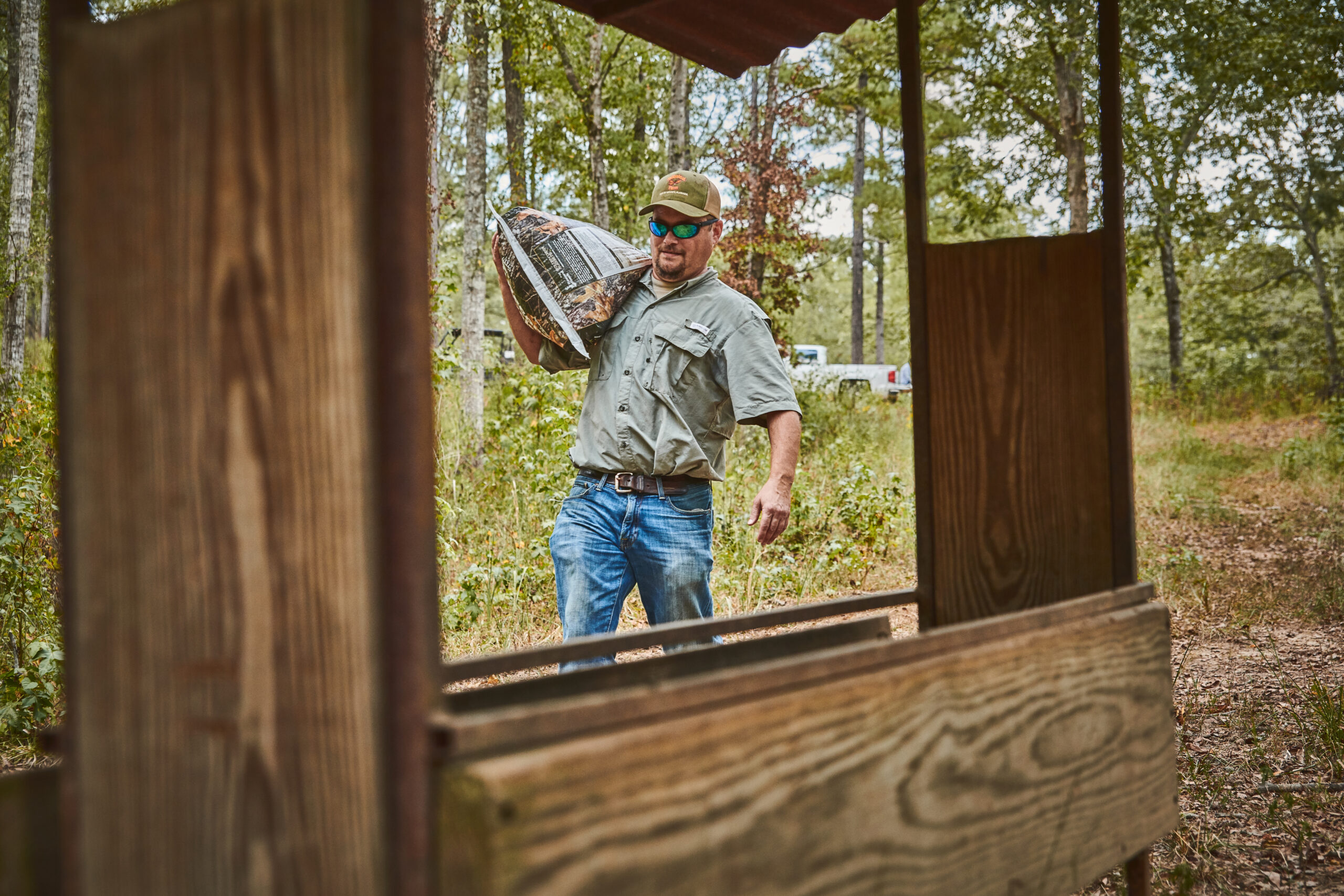We know maintaining food plots in the spring and summer is important for attracting and fattening up local deer populations. But what about winter? It’s important not to neglect your food plots in the post-season when deer have fewer options for nutrition. A well-maintained winter food plot plan can keep your herd healthier and more plentiful with minimal extra planting. Clover has always been a go-to for an attractive and resilient food plot crop, however, in drier climates you’re going to struggle to really utilize the calorie base. This is made worse in the winter, whereby at the end of fall most of your healthy clover has already been consumed. Some good alternatives to clover for winter plots include turnips, radishes, and winter peas. These hearty and nourishing winter crops can survive the frigid temps and provide a more balanced nutrient content. Turnips are especially high in protein content, and a well-tended acre can provide 8 tons of additional forage for the winter months. Corn is sometimes used in winter as a supplemental feed, but the nutritional content leaves a lot to be desired for a deer’s overall health. It can provide some quick energy, but it’s likely not going to last until spring. Bulbing brassicas can be a good choice for something you can plant earlier in the season, but will still stick around through the colder months. They can provide nutrition through the summer and fall with greens and fiber, and once the winter comes, the bulbs will provide a tasty treat for hungry whitetails.



You need to make sure the plot has been conditioned to grow before late fall arrives. There’s no amount of liming and other fertilization that’s going to make the soil nutrient-rich enough to support anything through the winter. Soil preparation takes time, and this can take even longer in the cold months. So prep ahead, and don’t waste time and energy trying to put together a last-minute winter feeding program. Besides, you’re likely going to be busy enough with your regular fall plots to try and squeeze in any extra planting at the last minute. Deer also undergo some dietary changes in the winter, not only with what they’re eating but how their stomachs take in those nutrients. Changes in their gastronomic health can make it hard for deer to even take advantage of the plots you’re providing during winter. This can be alleviated with some specialty supplemental feeds designed to keep PH and other enzymes in balance during the off-season months. While this is a little more hands-on, it can make a big difference in the health of your herd come hunting season next year.
No Comments